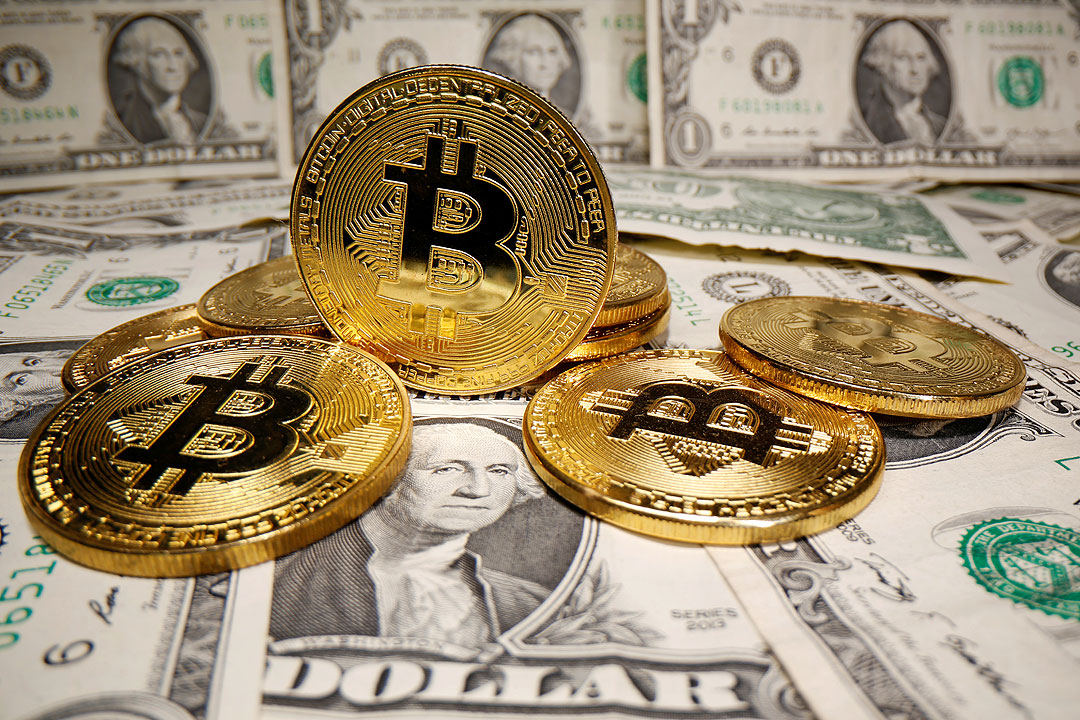Incoming BSP governor not keen on cryptocurrency

INCOMING Bangko Sentral ng Pilipinas (BSP) Governor Felipe M. Medalla is not keen on regulating cryptocurrency, dismissing the virtual asset as based on the “greater fool theory.”
“Every Bitcoin buyer that I know does not use (cryptocurrency) for anything… The only reason you’re using this is you think somebody else will buy it from you at a higher price. That’s a very scary investment,” Mr. Medalla said during a virtual roundtable discussion with BusinessWorld editors on June 14.
Mr. Medalla, currently a member of the Monetary Board, said cryptocurrency is based on the “greater fool theory.” The theory goes that a market player can make money buying overpriced items if there is a “greater fool” that wants to purchase it at an even higher price.
Billionaire Bill Gates also cited the same theory in criticizing cryptocurrency at a TechCruch event last week.
“The value of crypto is what some other person decides someone else will pay for it, so not adding to society like other investments,” Mr. Gates was quoted as saying.
Mr. Medalla noted that cryptocurrency is valuable for people who want to hide their money from the government.
“This is a new tool that adds to the ability to do that. There are plenty of people who want to hide their money from the government,” he said.
The BSP does not regulate cryptocurrency itself but has guidelines on virtual asset service providers. Under the rules, entities that engage with virtual assets are required to secure a license from the BSP.
Cryptocurrencies in the Philippines are classified as digital or virtual assets.
“My view is the moment you cross from the virtual world to the fiat and physical world, you have to have KYC (Know Your Customer) policies… and apply the same anti-money laundering policy,” Mr. Medalla said.
KYC refers to the process that institutions use to verify identities of their clients and ascertain fraud risks they may pose. This can keep money laundering, terrorism financing, and other types of unlawful financial activities in check.
BSP data showed transactions in virtual currency, including cryptocurrency, surged by 71% to P105.93 billion in the first semester of 2021.
The cryptocurrency industry has suffered significant losses in recent weeks amid problems with stablecoins such as TerraUSD and cryptocurrency lending company Celsius Network. Bitcoin, the biggest cryptocurrency, dropped below the $20,000 level on Saturday.
The BSP is currently working on a pilot project that will test the use of wholesale central bank digital currency (CBDC) for large-value financial transactions among selected financial institutions.
“The pilot project covers the experimentation of the CBDC’s use to transfer large-value financial transactions on a 24 [hours] by 7 [days] basis, across a limited number of financial institutions but possibly covering both banks and nonbank institutions,” BSP Governor Benjamin E. Diokno said in April.
Project CBDCPH is a major step for the country’s central bank and the finance industry to understand the opportunities and risks of wholesale CBDCs.
The BSP chose to focus on the wholesale aspect of CBDCs as it assessed that it will have a bigger impact compared with retail use cases. — K.B.Ta-asan



